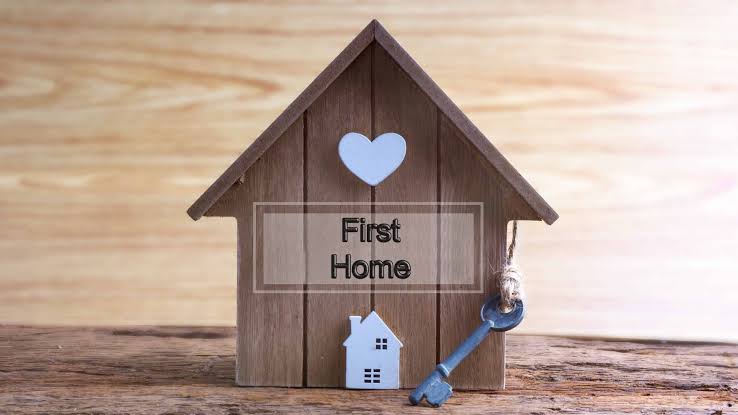Are you ready to take the leap from a renter to a first-time homebuyer?
Chances are, you know someone who owns a home. Whether it’s a sibling, friend, or co-worker, you’ve seen someone go through the first-time home buying process – and it probably looked really complicated. At least, more complicated than simply paying rent to a landlord every month.

While owning a home is rewarding, the process can be a lot of work. Not to mention, expensive. But that doesn’t necessarily mean renting is better. In fact, depending on where you live, your monthly rent could be more expensive than your monthly mortgage. (Yes, seriously.)
Have you been renting for a while? Are you finally ready to put down some roots? Here are six signs that prove you’re ready to buy your first home:
1. Your Rent Payments Keep Increasing
Rent prices are currently skyrocketing. Zumper, an apartment rental app, reported the price of a one-bedroom unit jumped 1.1% from February 2021 to March 2021. A two-bedroom saw a 0.9% increase. If you’ve been renting for a while, you’ve probably seen first-hand just how much rent prices can rise from year to year. And unfortunately, prices are only going to continue to rise as the housing market remains strong.
A monthly mortgage, on the other hand, doesn’t usually increase for homeowners with fixed-rate mortgages. This means, if you own a home, you don’t have to worry about your landlord increasing your rent by $50 dollars every year (which is something long-term renters know all too well).
2. Your Income Is Stable
How are your finances? If they’re in good shape, you might become a first-time homebuyer. A stable income means you’re more likely to be approved for a loan, than someone with an unstable income. Not to mention, if your finances are solid, you’ll be able to afford all those extra housing expenses. For example, new appliances, furniture or repairs when something breaks.
3. You’re Actively Paying Down Debt
Contrary to popular belief, you don’t have to be debt-free to own a home. Sure, it would be nice. But with the amount of dept most American’s have, it’s not exactly realistic. Because of this, today’s lenders are more than willing to work with potential first-time homebuyers who have debt, just as long as their debt-to-income ratio (DTI) isn’t too high.
Most lenders prefer borrowers with a DTI lower than 36%. If your DTI is in good standing and you’re consciously working to manage and pay down your debt, you might be ready to buy a house!
4. You Know Where Your Life Is Headed
Not only have you been at your job for a while, but you have a pretty good idea of where your life is headed in the next few years. You don’t plan on changing careers or moving across the country for a change of scenery. You have a plan, and it includes staying exactly where you are. If that’s the case, why not put down some permanent roots and purchase a home?
5. You Have A Good Credit Score
Have you been renting for years? Then, you might not know what your credit score is. Or, more importantly, whether it’s high enough to get approved for a loan to buy a house. For most loans, a good credit score is what dictates whether you can afford to buy or not. Lenders usually want a score around 690 and higher. But even with a credit score as low as 500, you could be approved for a loan.
If you’ve been spending within your means and paying down your debt, your credit score is probably in good shape.
6. You Have Savings
Buying and owning a house is expensive. Besides a down payment, you have closing costs which on average run between 2% and 5% of your loan amount. And let’s not forget about additional expenses like furniture, appliances, movers, electricity, water, etc. You should have a good amount of money saved before you even consider buying.
Are You Ready To Buy Your First Home?
At some point, most of us will eventually decide to stop renting and take the leap to homeownership. If your finances are stable, you have savings and your credit is in good shape, you might be ready to take that leap and become a first-time homebuyer.
Source: Housing Wire





